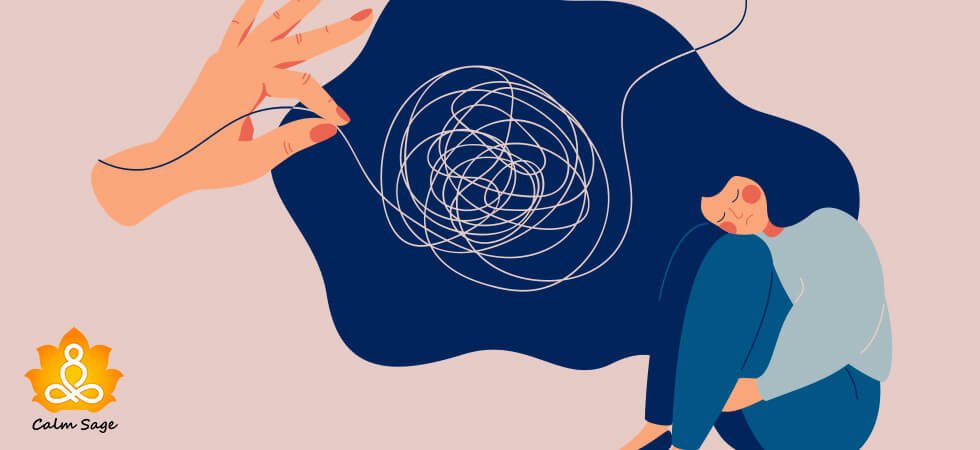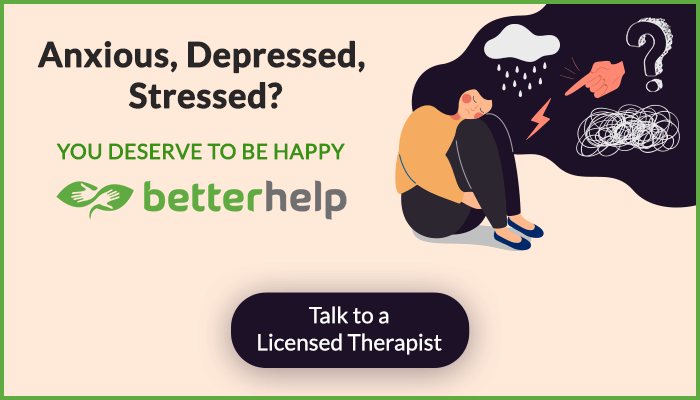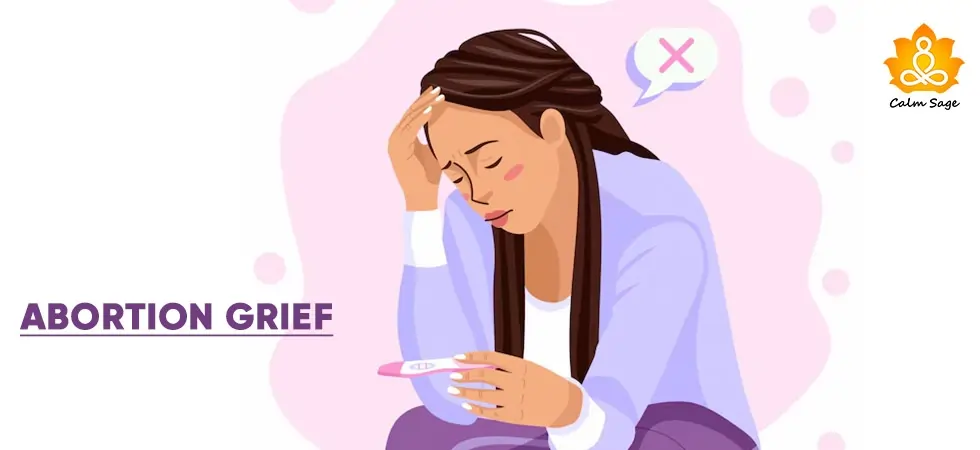5 Therapies That Work Best For Depression

Depression is one of the most common mental health issues. There are different courses of treatment that are available for treating depression. Generally, therapy and medication are the two lines of treatment that can help in bringing relief to symptoms of depression.
Generally, medication is preferred when there are certain medical causes underlying depression. If this is not the case then talk therapy is the most preferred and effective form of treatment. While many therapies are practiced by professionals certain therapies work best for depression. The reason being that therapies for depression work differently on an individual’s thoughts, behaviors, and more.
The depression therapies help you step back and identify what might be contributing to your depression, and further guides you in making necessary changes. But, each therapy has a different approach and different areas to tap on. Depending on the type of therapy that will work best for you there will be a different role of you and your therapist in the same.
Below we have discussed the top 5 therapies for depression treatment briefly and crisply that will help you understand your treatment with a clearer headspace.
5 Best Therapies for Depression Treatment:
1. Cognitive Behavioral Therapy (CBT) For Depression:
The most preferred therapy for depression treatment is CBT. It is a structured treatment approach that focuses on the identification of the thoughts and actions of an individual on the way they feel. This way it covers three important aspects of an individual that include cognition, behavior, and feelings.
This therapy for the treatment of depression has been studied widely and is found to be one of the most effective approaches. It works well for a different age group, gender, and other demographic variations.
Disclaimer: As BetterHelp Affiliate, We may receive compensation from BetterHelp or other sources if you purchase products or services through the links provided on this page.
The focus of this therapy is on changing the thoughts from their negative and unhelpful nature to a more realistic, positive, and problem-solving pattern. It involves working with a professional and trained therapist who identifies the thoughts and behaviors that are likely to make you feel depressed and then switches it to rational thinking.
Some of the key features of this therapy are:
- It is short-term (5-20 sessions),
- It is goal-focused,
- It is structured with specific plans for each session, and
- There is homework practice to do outside the therapy.
Here is a short video that will help you understand CBT for depression better:
2. Interpersonal Psychotherapy (IPT) For Depression:
One of the major causes that are found to be linked with depression is disturbed by personal relationships. IPT is a form of therapy that focuses on resolving these issues and developing the necessary skills to deal with them. Many studies also claim this therapy to be an antidepressant medication for treating depression.
The central idea behind this therapy is that relationship problems can have a significant impact on how an individual feels and cope with a given situation, which might further exacerbate or cause depression.
IPT helps an individual to recognize the patterns in relationships that might be leading to depression. Further, these patterns are altered by healthier ones. The healthier patterns focus on adaptive coping styles, new ways to build relationships and improve on existing relationships.
Key features of this therapy for depression are:
- It is time-limited (12-16 weeks),
- It is well-structured through 3 phases,
- It is short term, and
- It focuses on learning new patterns for better interpersonal relationships.
Here is a short video that will help you understand IPT for depression better:
3. Behaviour Therapy For Depression:
Behavior therapy is a major part of CBT but unlike CBT it does not focus on altering the faulty attitude and beliefs. The primary focus here is on changing behavior that might be leading to depression signs and symptoms. This goal is achieved by focusing on the activities that are pleasant, rewarding, and satisfying. This in turn reverses the patterns of avoidance, inactivity, and withdrawal. Various techniques such as modeling, token economy, and more are used here.
Here is a short video that will help you understand behavior for depression better:
4. Mindfulness-based Cognitive Therapy (MBCT) For Depression:
In recent years mindful meditation has gained much recognition in healthy lifestyle changes that are likely to lead to a happier life. Well, the results of mindfulness practice have shown many positive outcomes and that is why it has been adapted in therapeutic treatment approaches too. One such therapy has taken mindfulness guidelines in the treatment approach and this is known as Mindfulness-Based Cognitive Therapy (MBCT).
MBCT is generally delivered in groups and involves “mindfulness-meditation.” The primary focus of this treatment approach is to teach an individual to be in the present moment.
It is a systematic approach that begins by focusing on bodily sensations and gradually it moves on analysis of feelings and thoughts. This therapy is found effective in stopping our mind from wandering, which might bring unpleasant feelings and thoughts to focus. This way it helps in protecting an individual from depression.
Majorly this therapy has shown positive results in cases who have shown signs of relapse.
Key features of this therapy for depression are:
- It is a structured and goal-oriented (8-week program),
- It is generally delivered in groups,
- It is more helpful for those who experience repeated bouts of depression, and
- It uses “mindfulness meditation” along with CBT techniques.
Here is a short video that will help you understand MBCT for depression better:
5. Psychodynamic Therapy For Depression:
Psychodynamic therapy or psychoanalytic therapy is probably one of the oldest forms of therapy to treat depression. Unlike the other therapies discussed above, the focus here is on deep unresolved issues. This therapy assumes that depression is an outward expression of unresolved conflicts that often originate from childhood.
The goal here is to make the client become more aware of the full range of emotions and help them deal with these emotions effectively. It uses past connections and experiences in seeing how they might have contributed to feelings of depression. Building self-awareness is the primary focus here, which is achieved with various techniques.
There are certain key features of this therapy, such as:
- It is a long-term therapy (12-20 sessions),
- It helps in finding connections in past experiences,
- It focuses on changing maladaptive coping mechanisms,
- The sessions are conducted once a week and are typically for 50 minutes each, and
- There exists a shorter version of this therapy as well.
Here is a short video that will help you understand Psychodynamic Therapy for depression better:
There are some relatively new therapies as well that are being used in the treatment of depression one such therapy is Dialectical Behavior Therapy (DBT). Being a new therapy there is definitely scope for more research on its outcomes.
These best therapies for depression are available on offline and online therapy platforms.
If you have more queries about any of these therapies or about depression in general you may also reach us at info@calmsage.com. Our team of experts will surely direct you towards a better and happier life along with helping you to make the right choices for yourself.
Also, while professionals will take care of these two treatment approaches (therapy and medication) there are certain lifestyle changes that you can work on to deal with depression. This includes:
- Eating the right food.
- Exercising or performing yoga (daily).
- Meditating.
- Practice self-care.
- Go natural.
- Engage in activities that will increase the flow of happy hormones.
- Chanting mantras.
- Watching inspirational movies.
- And keep smiling!!!
More power and strength to you…

Disclaimer: As BetterHelp Affiliate, We may receive compensation from BetterHelp or other sources if you purchase products or services through the links provided on this page.






















According to me Behaviour Therapy For Depression is the best as you can talk to that person according to him/her behaviour and make situation comfortable.